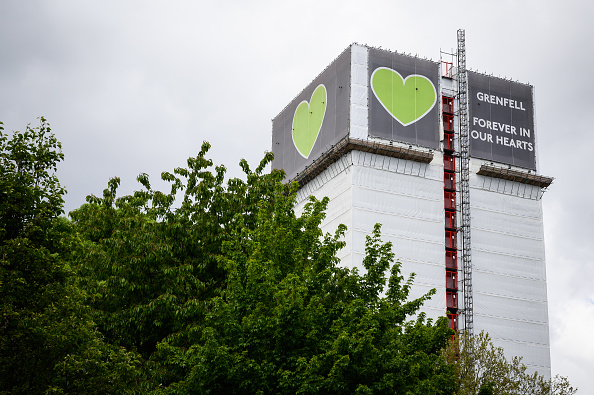Persimmon and Barratt to sign Gove’s cladding contract as others stall for time

A handful of developers plan to sign the government contract to fix buildings affected by cladding and other fire risks in the coming weeks. Levelling up secretary Michael Gove gave developers a six-week deadline to commit to more than £2bn of repairs to fix the issues in buildings taller than 11 metres. This comes on top of a levy of £3bn that will have to be paid by the companies over the next decade.
The developers who refuse to sign the pledge will be blocked from getting planning or building approvals, and will be “named and shamed” by Gove. What is effectively a ban from the market will also apply to schemes that already have planning permission. Gove will be able to do this through a new “responsible actor scheme” set to come into force in the spring.
Persimmon was the first developer to confirm they’ll sign the contract.
Another of the largest UK developers Barratt homes said they had “a view” to sign the contract, but would consider the detail first.
A spokesperson for the company told City A.M.: “We will be carefully considering the detail of the Developer Remediation Contract with a view to signing it over the coming weeks.”
But there remained hesitancy in the construction industry, with Vistry refusing the comment on their plans, and Bellway, another top tier developer, insisting they were “committed to the principle” of the Government’s initial pledge, which is not legally binding.
Bellway added they would review the contract sent by DLUHC.
Others in the industry said the government should foot the bill and then look to recoup costs from developers after Gove admitted to faulty building regulations in an interview with the Sunday Times.
Mary-Anne Bowring of residential property group Ringley Group said it would mean “leaseholders – rightly – don’t have to pay”.
It could also be the first step towards banks offering loans on buildings with the combustible cladding, meaning those who bought properties prior to the blaze at Grenfell, are able to sell their properties. As many as 500,000 people have been left unable to sell or refinance their mortgage since the fire in 2017.
Since earlier this year, banks have been allowed to consider mortgage applications for affected properties 11 metres or higher, following guidance from the Royal Institution of Chartered Surveyors.